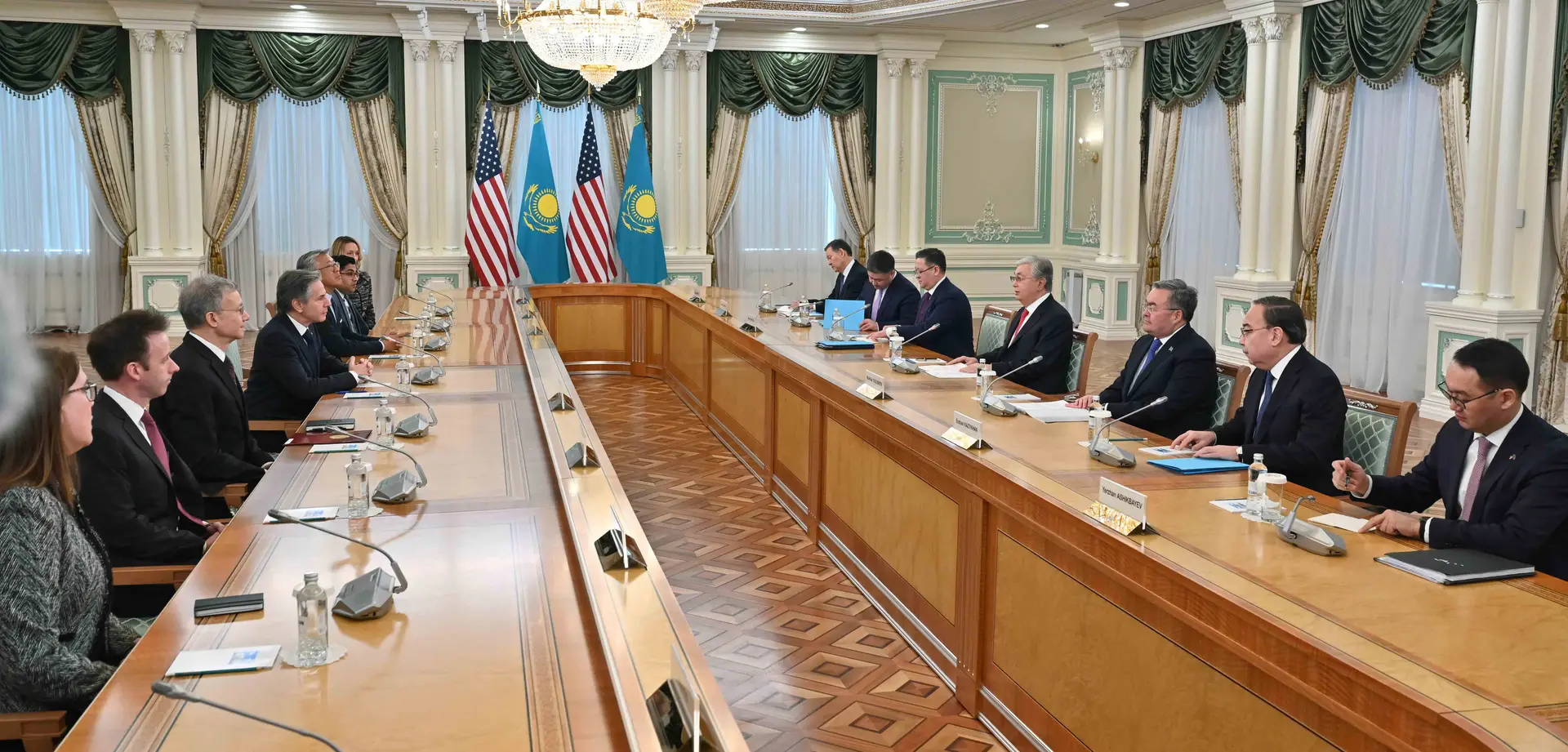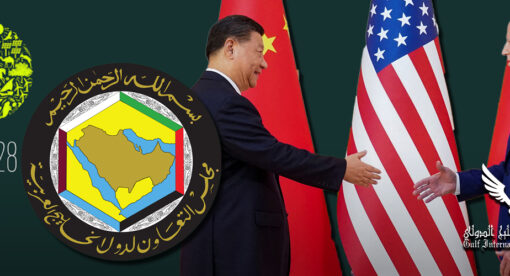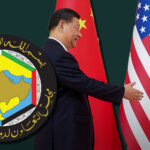As Russia’s war in Ukraine drags on and continues to ripple out globally, the region of Central Asia is emerging as an increasingly active zone of competition between Moscow and the West. Central Asian states have received growing attention from the United States and Russia in recent months, with U.S. Secretary of State Antony Blinken paying a visit to both Kazakhstan and Uzbekistan Feb 28-Mar 1 for high-level meetings and a C5+1 ministerial summit. In the meantime, Moscow has worked to strengthen its own connections with these two countries, including the pursuit of a trilateral natural gas union with Astana and Tashkent.
Given the reverberations of the Ukrainian conflict and the strategic importance of these Central Asian states from an energy and broader economic perspective, it is imperative for the United States to not view this competition with Russia as a zero sum game. Instead, the United States and its allies should focus on areas of constructive and mutually-beneficial cooperation with Kazakhstan and Uzbekistan, including on key issues like green energy and sanctions compliance. In this way, Washington can not only offer a viable alternative to Moscow’s designs in the region but also contribute to the sustainable development of these Central Asian countries for the long term.
When it comes to the West’s strategy in countering Russia over its war efforts in Ukraine, a key part of this strategy has been to isolate Moscow from the international system. The United States and the EU have passed sanctions against Russia, while also accelerating their efforts to diversify away from their economic ties to Russia. This is especially the case in the energy sector, with Russia’s oil, natural gas, and coal exports making up nearly half of its budget revenues and fueling its military expenditures in Ukraine. The United States and the EU have made key strides towards such diversification, with the United States phasing out Russian energy imports last year, while the EU has cut oil and coal imports and is transitioning away from Russian natural gas over the next few years.
Read the rest in Caspian Policy Center.











